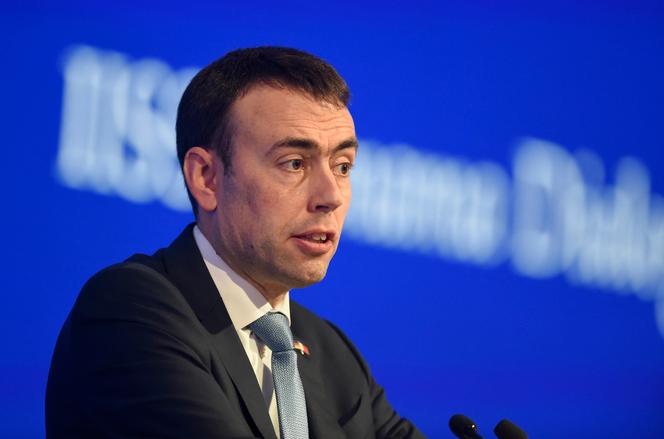


An MP since 2017, Nils Schmid is the foreign policy spokesperson for the Social Democratic (SPD) party in the Bundestag. As well as being a close friend of Chancellor Olaf Scholz, he is also president of the Franco-German Parliamentary Assembly, which was created in 2019 and brings together 100 lawmakers from both countries at least twice a year.
A great sigh of relief. An RN majority in the Assemblée Nationale would have had extremely negative repercussions on France-Germany relations and the future of the European Union. Not to mention the risk of destabilization in France if a party with an unequal vision of society had come to power, and whose trademark is racism and rejection of others.
Yes, all the more so as, compared to the 2022 legislative elections, we're seeing a rebalancing within the French left in favor of social democracy. We're very happy to see the center-left strengthened and La France Insoumise [LFI, radical left] less dominant.
On trade agreements, whether with Canada (CETA) or Mercosur, we were already not on the same page as Emmanuel Macron, so it wouldn't change much with a left-wing government. As far as the Stability Pact and Europe in general are concerned, history makes me rather confident: For 40 years, whenever the left has been in power in France, whether under François Mitterrand, Lionel Jospin or François Hollande, it has always been able to accommodate European constraints. I can't imagine it breaking with this heritage today.
Lastly, let me add one more point: As the Nouveau Front Populaire does not have a majority on its own, it will only be able to govern by making compromises with centrist forces, which will force it to abandon certain points of its policy platform.
To form a coalition, I'd say you need three conditions. First, you have to be willing to compromise. That doesn't mean you have to agree on everything. That's what happened in 2021 when we decided to draw up a government contract between Social Democrats, Greens and liberals. From the outset, we listed the subjects we would set aside and on which we would not seek an agreement, such as the 130 km/h speed limit on freeways.
You have 49.54% of this article left to read. The rest is for subscribers only.
